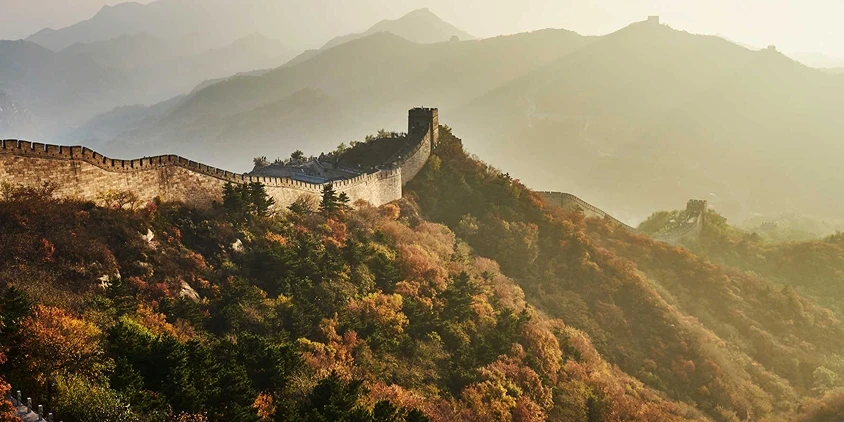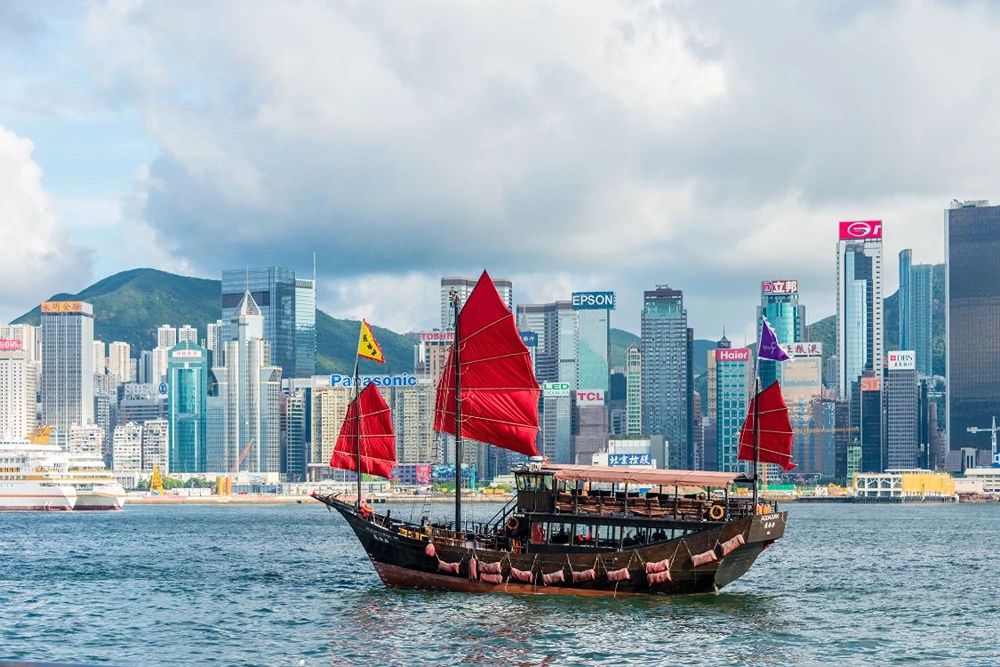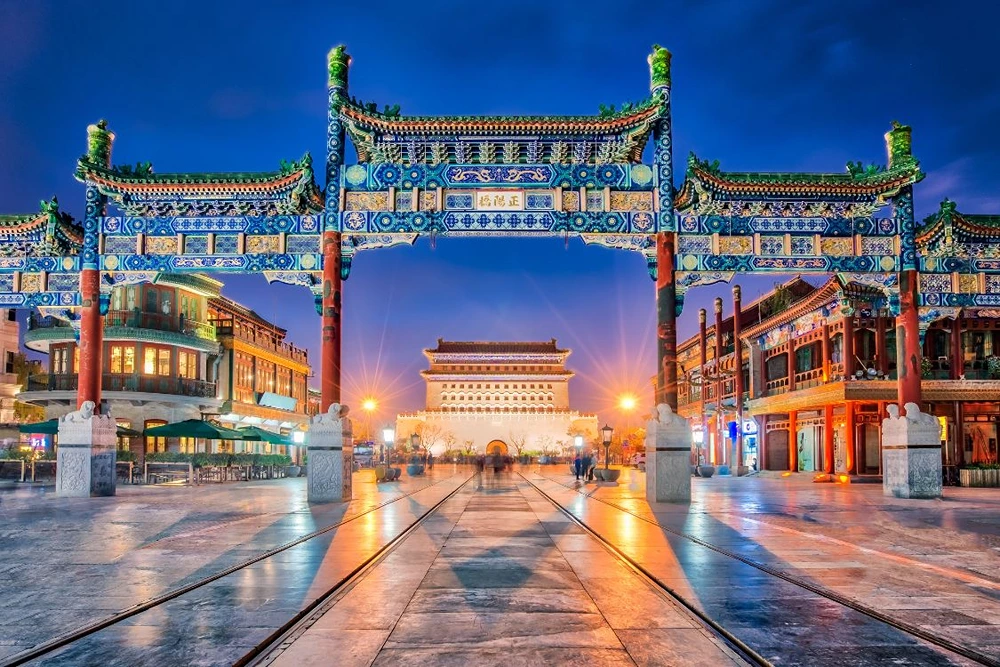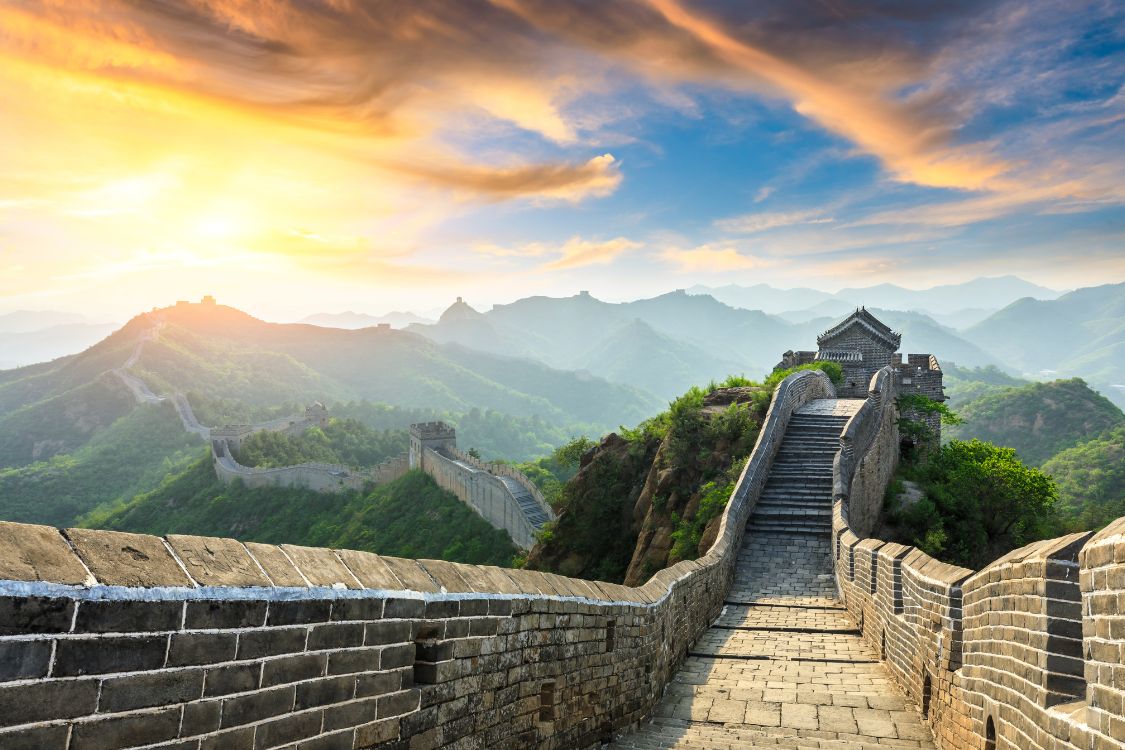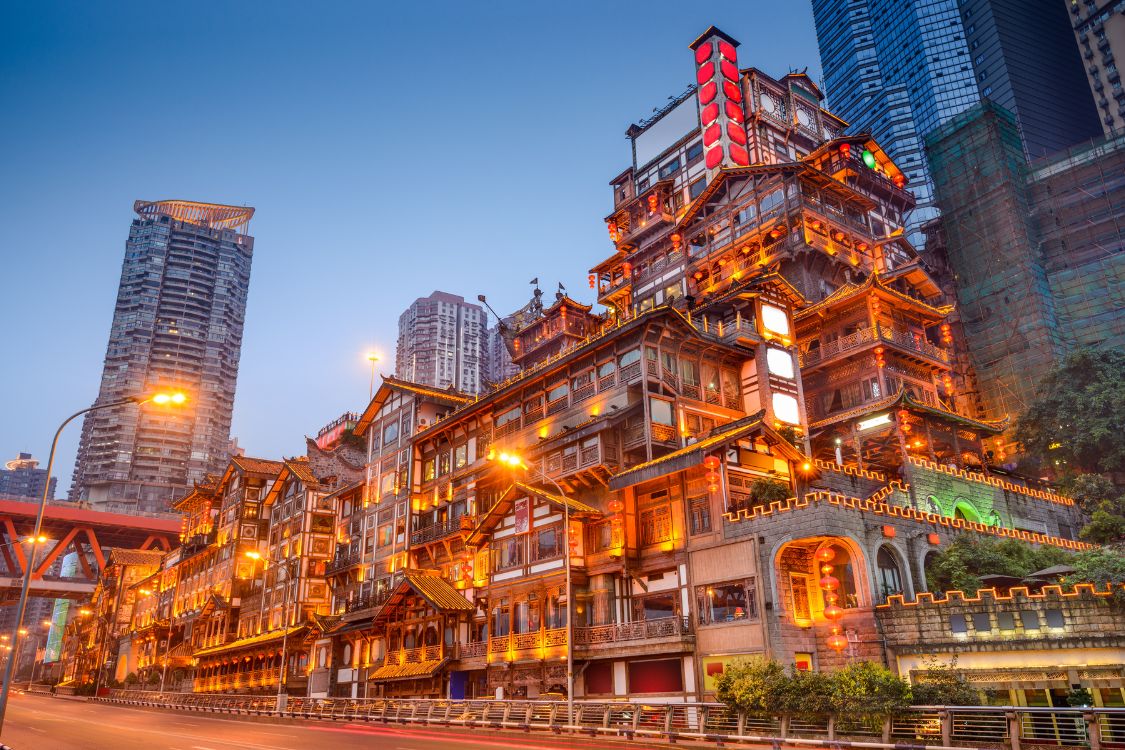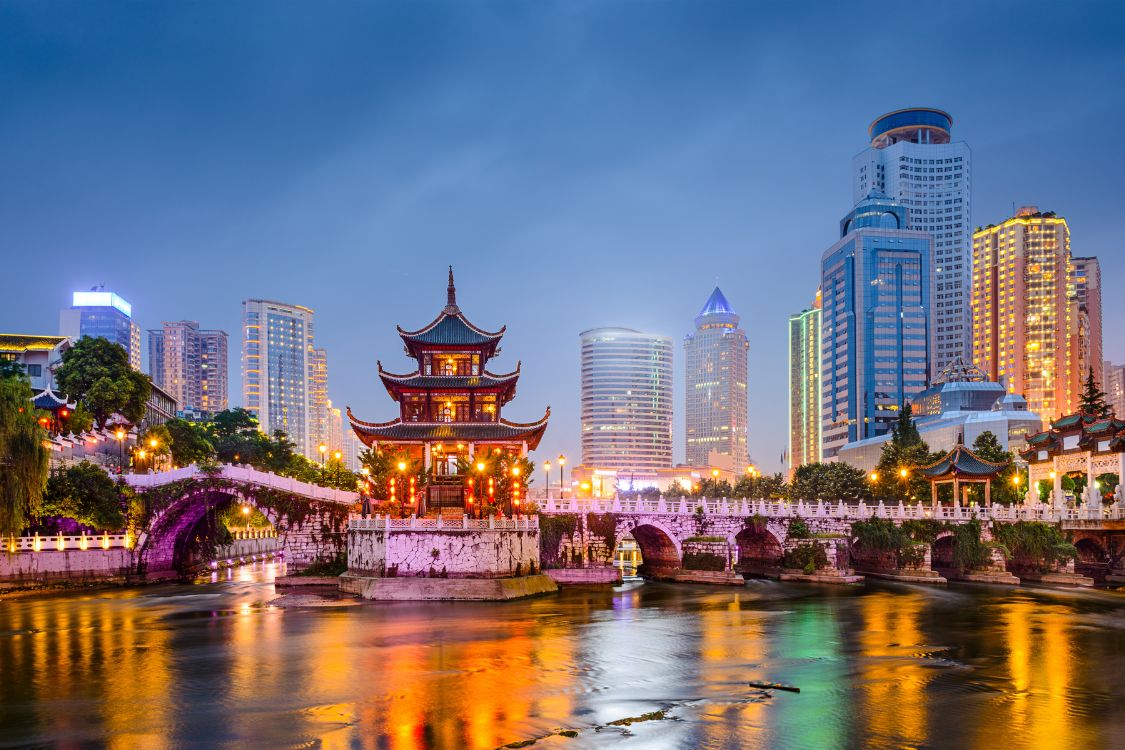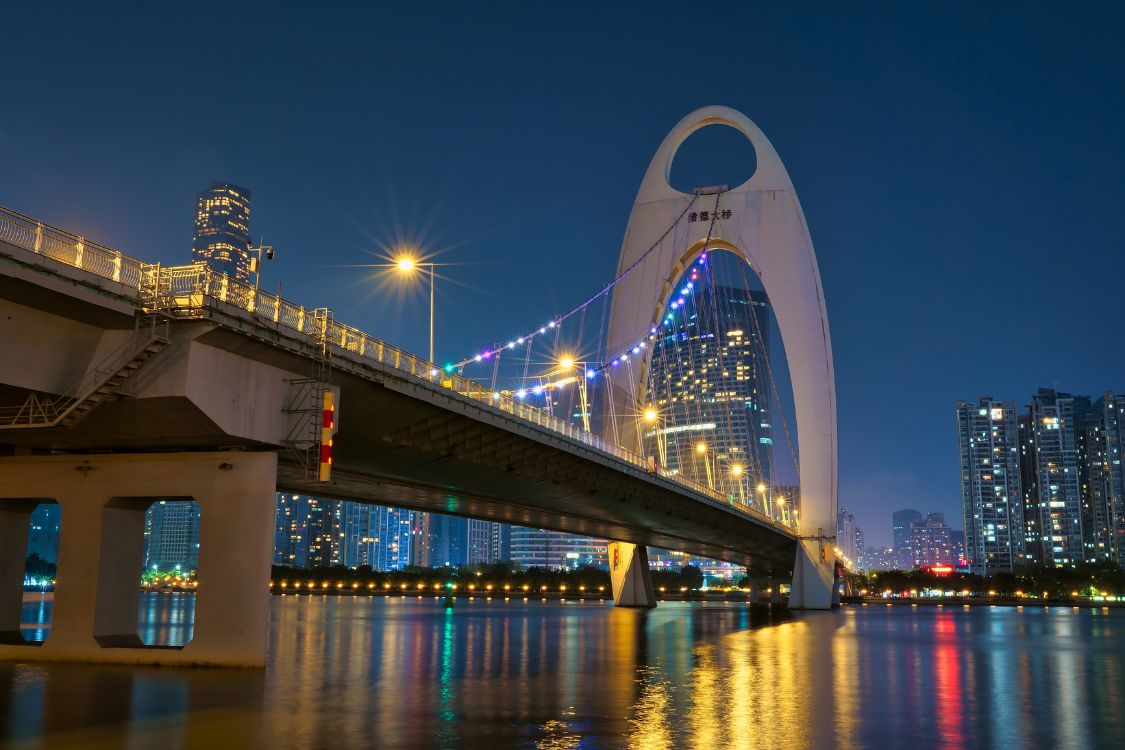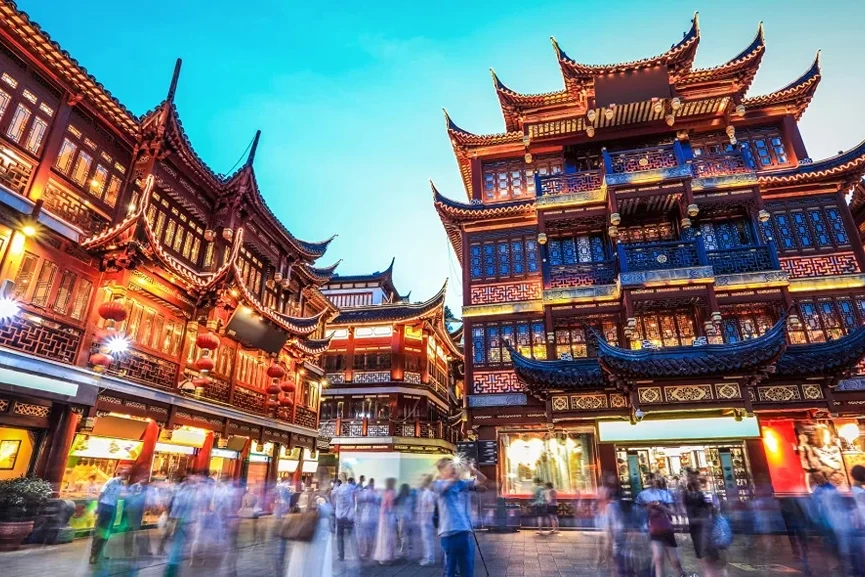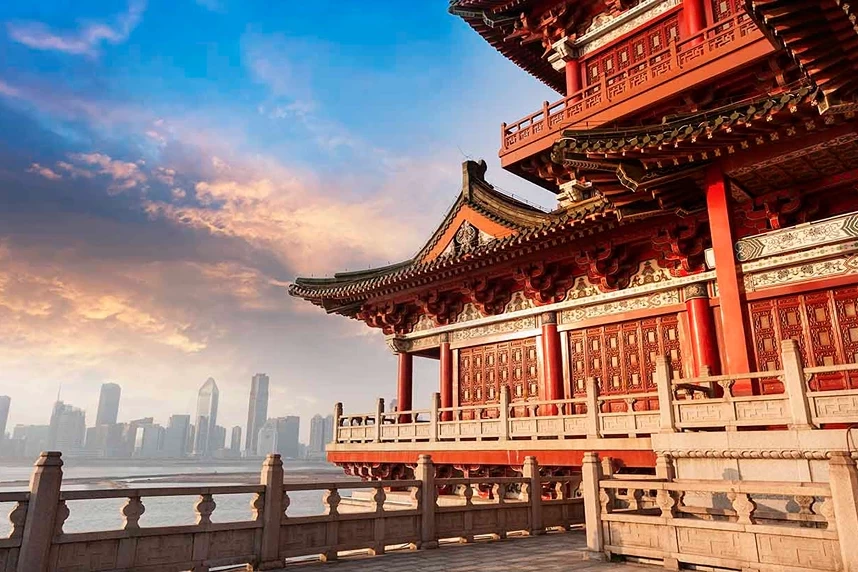Welcome to China, a vast and diverse country that offers visitors:
- Rich historical heritage spanning thousands of years
- Breathtaking natural landscapes from mountains to deserts
- Vibrant modern cities showcasing cutting-edge architecture and technology
- Unique and diverse culinary traditions across different regions
- A blend of ancient traditions and rapid modernization
Travel Resources
- Cheapest Flights to China: Find the most affordable flights to China with our flight search tool. Start planning your journey to this captivating destination today.
- Insure Your Trip: Ensure a worry-free vacation with comprehensive travel insurance coverage tailored to your China adventure.
- Rent a Car in China: Explore China’s diverse landscapes by renting a car. Note that an International Driving Permit is required.
- Book Your Tours: Discover China’s iconic landmarks and hidden gems with our curated selection of tours and experiences.
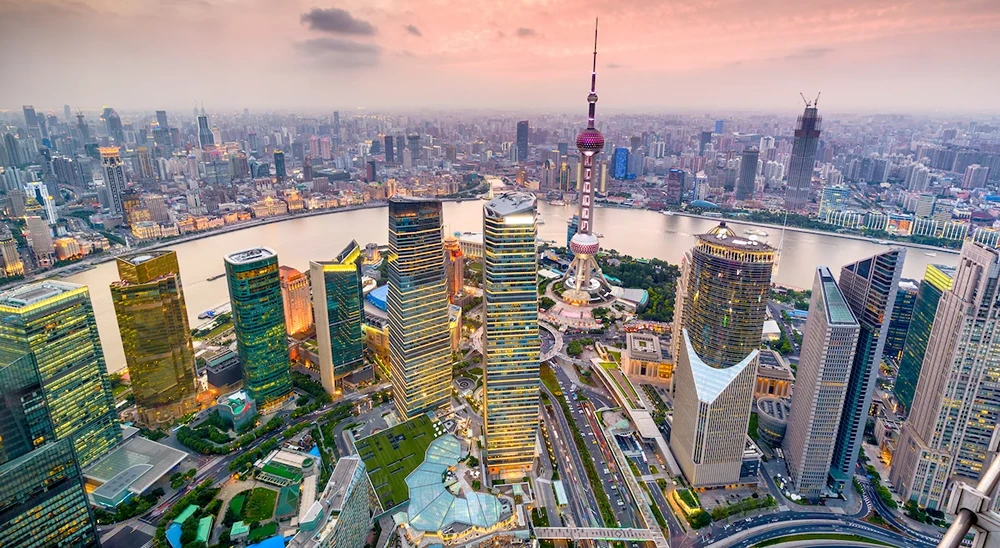
Some History First
China’s history is one of the world’s oldest and most complex:
- Ancient Civilizations: Evidence of human habitation dates back over 2 million years
- Imperial Dynasties: From the Qin (221 BCE) to the Qing (1912 CE), China was ruled by various imperial dynasties
- The Great Wall: Construction began over 2,000 years ago, spanning multiple dynasties
- Modern Era:
- Republic of China established in 1912
- People’s Republic of China founded in 1949
- Economic Reforms: Beginning in 1978, leading to rapid modernization and economic growth
China Today
Modern China is a country of contrasts:
- Population: World’s most populous country with over 1.4 billion people
- Economy: Second-largest economy globally, known for manufacturing and technological innovation
- Urban Development: Rapid urbanization with over 160 cities of 1 million+ inhabitants
- Technology: Leader in areas such as 5G, artificial intelligence, and e-commerce
- Environmental Challenges: Addressing air pollution and promoting sustainable development
- Cultural Preservation: Efforts to maintain traditional culture amidst rapid modernization
Is China Safe?
China is generally considered safe for tourists, but it’s important to:
- Be aware of your surroundings, especially in crowded areas
- Guard against petty theft in tourist hotspots
- Respect local laws and customs, which may differ significantly from your home country
- Be cautious when crossing streets, as traffic rules are often loosely followed
- Avoid drinking tap water; stick to bottled or boiled water
Where is China?
China is strategically located in East Asia:
- Borders: 14 countries, including Russia, India, and Vietnam
- Coastline: Approximately 14,500 km along the Pacific Ocean
- Size: Fourth-largest country by land area (9.6 million km²)
- Terrain: Diverse, including mountains, deserts, plains, and over 14,000 km of coastline
- Major Cities: Beijing (capital), Shanghai, Guangzhou, Shenzhen, Chongqing
Latest Articles
From The Area
What is the Best Time to Visit China?
The best time to visit China depends on the regions you plan to explore:
- Spring (April to May) and Autumn (September to October):
- Generally the best seasons for most of China
- Comfortable temperatures and less rainfall
- Beautiful spring blossoms or autumn foliage
- Summer (June to August):
- Hot and humid in most parts
- Good for visiting northern regions and mountains
- Peak tourist season, especially for domestic travel
- Winter (November to March):
- Cold in most parts, especially in the north
- Ideal for winter sports and seeing snow-covered landscapes
- Lower prices and fewer crowds at major attractions
- Key events:
- Chinese New Year (January/February, dates vary)
- National Day Golden Week (October 1-7)
How to Get to China & Around
China is well-connected both internationally and domestically:
- By Air:
- Major international airports in Beijing, Shanghai, Guangzhou, and other large cities
- Extensive domestic flight network
- By Train:
- High-speed rail network connecting major cities
- More scenic and economical than flying for many routes
- By Bus:
- Extensive network for intercity travel
- Economical but can be time-consuming for long distances
- Getting Around Cities:
- Metros in major cities – efficient and easy to navigate
- Taxis – abundant but language can be a barrier
- DiDi (similar to Uber) – available in many cities
- Bicycles – many cities have bike-sharing systems
Things to Do in China
Discover top attractions and activities in China:
China offers a wealth of attractions and experiences:
- Historical Sites:
- Walk the Great Wall of China near Beijing
- Explore the Forbidden City, the former imperial palace
- See the Terracotta Army in Xi’an
- Natural Wonders:
- Cruise the Li River in Guilin
- Trek through the Tiger Leaping Gorge in Yunnan
- Visit the pandas in Chengdu
- Modern Marvels:
- Admire Shanghai’s futuristic skyline from The Bund
- Visit the 798 Art District in Beijing
- Ride the high-speed train between major cities
- Cultural Experiences:
- Watch a traditional Chinese opera
- Take a tai chi class in a local park
- Learn to make dumplings in a cooking class
Where To Stay In China
China offers accommodations for every budget and preference:
- Luxury Hotels:
- The Peninsula in Beijing or Shanghai
- Amanyangyun in Shanghai for a blend of history and luxury
- Mid-Range Hotels:
- International chains like Marriott and Hilton are widely available
- Local chains such as Atour offer good value
- Budget Options:
- Youth hostels in major cities and tourist areas
- Guesthouses in smaller towns and rural areas
- Unique Stays:
- Traditional courtyard hotels (Siheyuan) in Beijing
- Cave hotels in Cappadocia-like landscapes of Shanxi

What To Eat In China
Chinese cuisine is diverse and varies greatly by region:
- Must-try dishes:
- Peking Duck in Beijing
- Xiaolongbao (soup dumplings) in Shanghai
- Sichuan Hotpot in Chengdu
- Dim Sum in Guangzhou
- Regional Specialties:
- Lanzhou Hand-pulled Noodles
- Xi’an Roujiamo (Chinese hamburger)
- Yunnan’s Cross-bridge Rice Noodles
- Street Food:
- Jianbing (savory crepes)
- Chuanr (meat skewers)
- Drinks:
- Various types of tea (green, oolong, pu’er)
- Baijiu, a strong Chinese spirit
Entry & Exit Requirements
Before traveling to China, be aware of the entry requirements:
- Visa: Most foreigners need a visa to enter China
- Passport: Must be valid for at least 6 months beyond your planned stay
- Visa-free transit: Available for certain nationalities in specific cities for limited durations
- Health requirements: Check for any current health-related entry requirements
- Registration: Foreigners must register their place of residence with local police within 24 hours of arrival
What To Pack For Your Trip
Essential items for your China adventure:
- Clothing:
- Comfortable walking shoes
- Modest clothing for visiting religious sites
- Layer-able clothing for variable weather
- Technology:
- Universal travel adapter
- VPN service for accessing blocked websites
- Portable charger
- Health & Hygiene:
- Hand sanitizer and wet wipes
- Toilet paper (not always provided in public restrooms)
- Any prescription medications (with doctor’s note)
- Communication:
- Mandarin phrasebook or language app
- Business cards of your hotel (in Chinese characters)
- Miscellaneous:
- Pollution mask for large cities
- Chopsticks for practice
- Cash (ATMs may not always accept foreign cards)
Remember to check specific requirements for the regions you’ll be visiting, as China’s climate and terrain vary greatly across the country.
FAQs
Check with the Chinese embassy or consulate in your country regarding visa requirements.
Respect local customs, such as removing shoes before entering someone’s home and using both hands to receive or give items.
It’s advisable to drink bottled or boiled water to avoid gastrointestinal issues.


